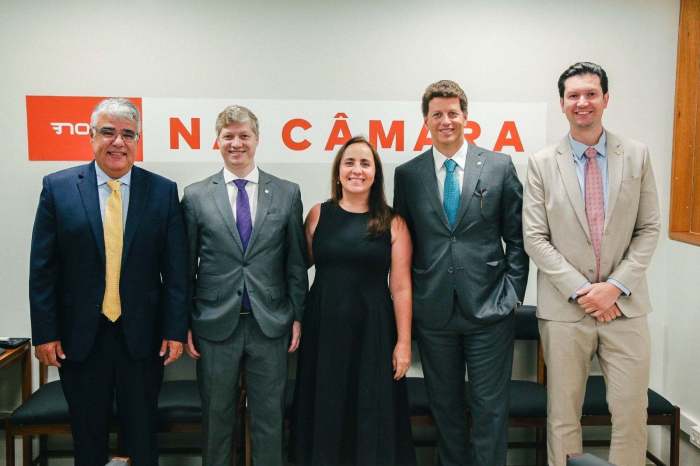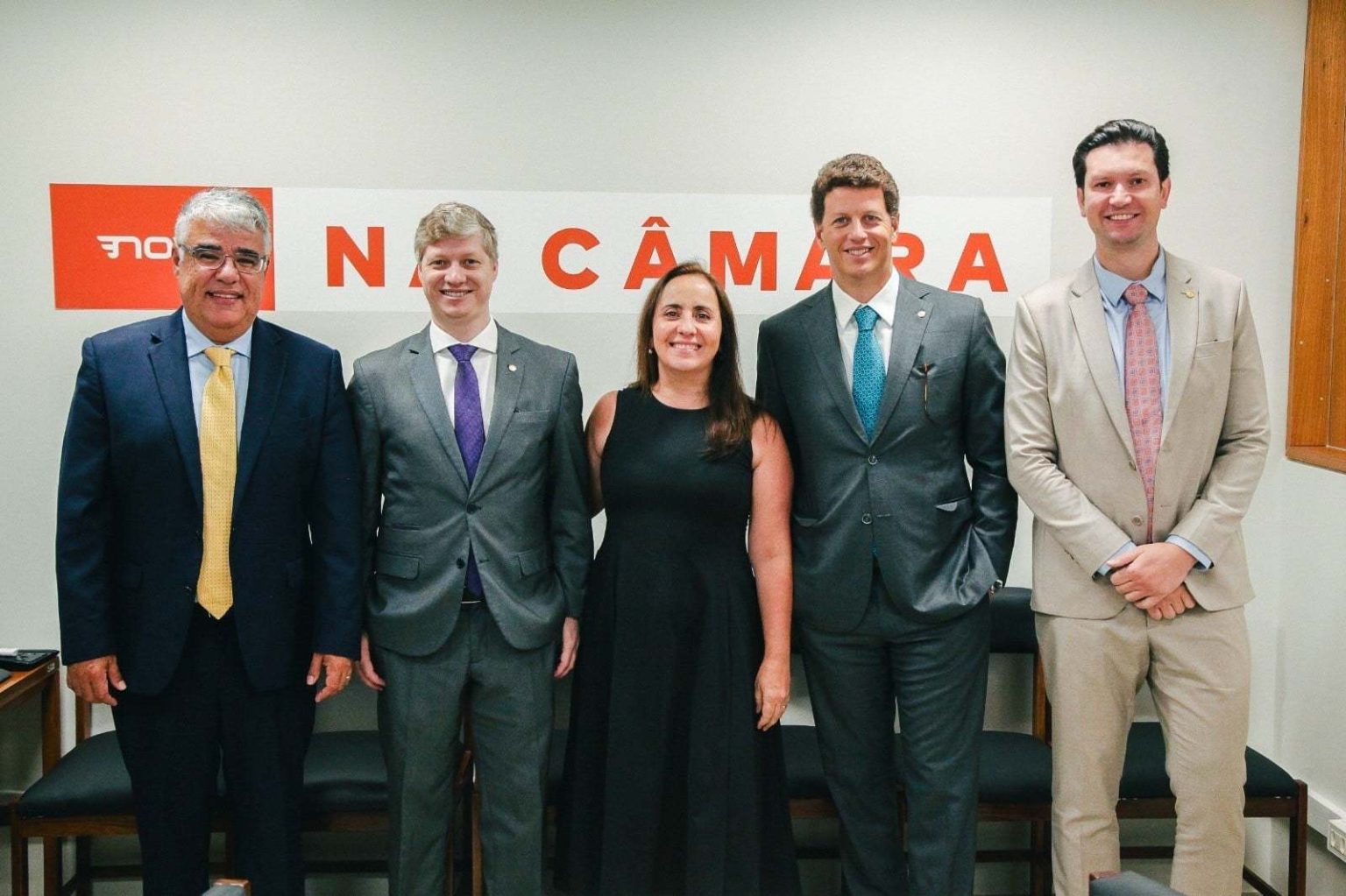
A group of five legislators in Brazil is taking the leftist government to the Inter-American Commission on Human Rights, contending that pro-life campaign messages were unjustly censored in violation of free speech protections under international law.
In their petition filed with the commission, the legislators claim that censorship within the country has escalated since 2019, according to the legal advocacy group ADF International, which is representing the five lawmakers — Sen. Eduardo Girao and Chamber Deputies Marcel Van Hattem, Adriana Ventura, Gilson Marques and Ricardo Salles.
The petition asserts that the government’s measures reached an extraordinary level when authorities blocked pro-life messages during the 2022 election cycle.
The filings refer to restrictions that impacted millions of citizens by curtailing access to conservative viewpoints and argue that these restrictions conflict with protections outlined in the American Convention on Human Rights.
Article 13 of the Convention affirms the “right to freedom of thought and expression” and prohibits “prior censorship” and “indirect methods or means” that may impede the circulation of ideas.
During the 2022 election, the authorities targeted pro-life messages that conflicted with then-candidate Lula da Silva’s pro-abortion position. Representatives for the legislators say this interference undermined the fairness of the electoral process by disqualifying certain viewpoints from the national discourse.
The ban prompted over 100 free speech advocates — including former U.K. Prime Minister Liz Truss, journalist Michael Shellenberger and multiple American and European officials — to issue an open letter in September, asking Brazilian authorities to restore free expression.
The legislators denounced the 39-day ban on the social media platform X for its refusal to block several profiles the government accused of spreading misinformation about Brazil’s 2022 presidential election won by Lula over former President Jair Bolsonaro.
They characterize it as “disproportionate and of dubious legal basis,” maintaining that it severely impacted their ability to share political perspectives.
The blocking of X in the country is an issue that “has caused real damage to Brazilian democracy, producing a chilling effect on the majority of the population who, according to recent surveys, are afraid to express their opinions in public,” according to the petition.
Justice Alexandre de Moraes of the Brazilian Supreme Court mandated the “immediate, complete and total suspension of X’s operations” on Aug. 30.
“The world watched as Brazilian authorities blatantly clamped down on the free speech rights of over 20 million Brazilians by shutting down X ahead of the national elections,” ADF International lead legal counsel Julio Pohl said in a statement.
“While the ban was eventually lifted, the fact remains that millions of Brazilians, including the five legislators now taking their case to the Inter-American Commission on Human Rights, were subjected to unlawful censorship during a critical time in their country.”
In a tweet, X owner Elon Musk thanked ADF International for intervening in the matter.
Deputy van Hattem, a 39-year-old who assumed office in 2019, said in a statement that he is taking his case to the international level because “we can’t afford to lose Brazil to authoritarianism.”
“What we have seen time and again in Brazil is an egregious silencing of political voices, citizens, journalists, or anyone else who might share different viewpoints from Judge Alexandre de Moraes or others in control,” he said.
Sen. Girao said, “Brazilians throughout the country are afraid to share their beliefs for fear of persecution and punishment.”
The Federal Public Ministry, Brazil’s Public Prosecutor’s Office, had earlier sought the removal of all religious symbols from federal and state buildings, claiming that their presence violated the principle of non-discrimination and compromised the religious freedom of all Brazilian citizens.
However, last month, Brazil’s Supreme Federal Court unanimously ruled to permit religious symbols in public buildings, finding that their presence does not breach the secular framework.
All 11 justices agreed that crucifixes and other religious imagery can be displayed as part of the country’s cultural heritage. ADF International submitted a legal brief in support of this position.








